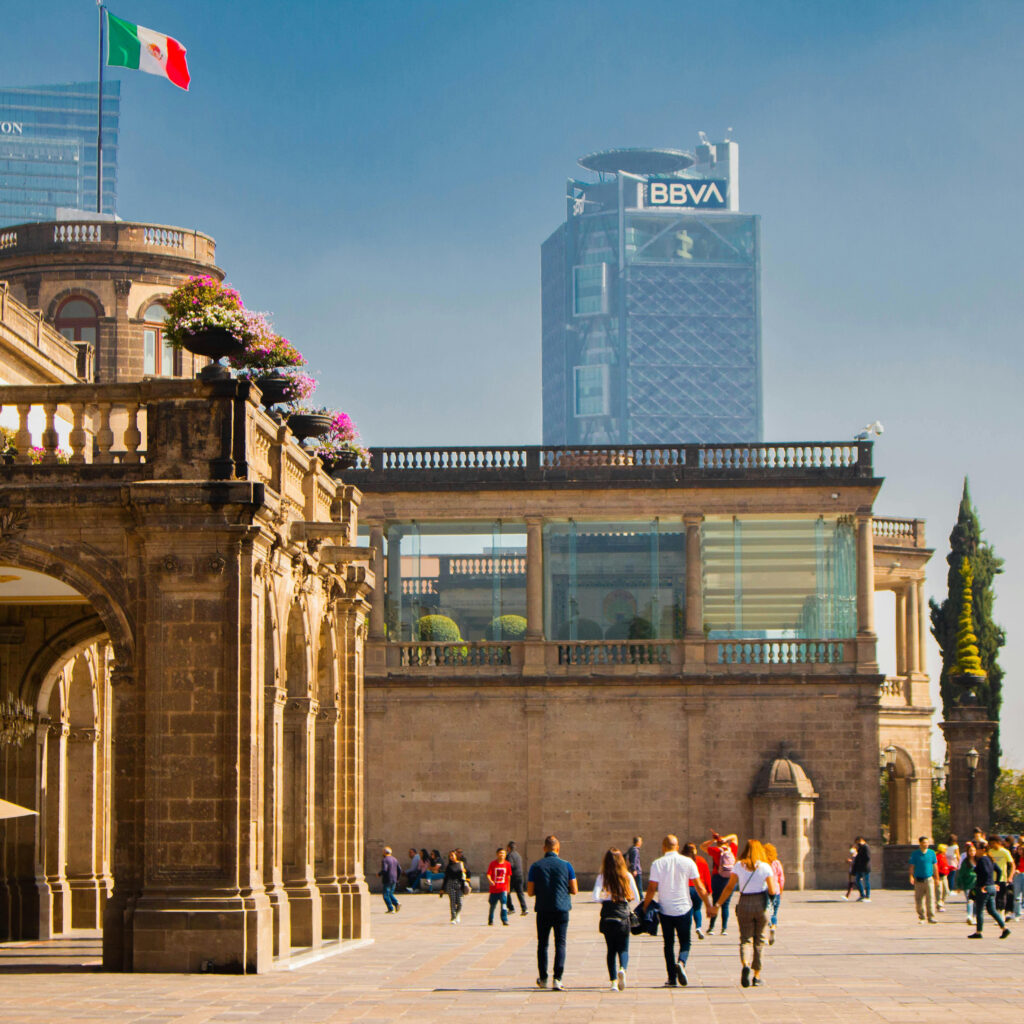Understanding the Vital Role of Fideicomiso:
Safeguarding Foreign Investments in Mexican Real Estate
Mexico’s allure goes beyond its vibrant culture and stunning landscapes; it extends to the promising real estate opportunities available to foreigners. However, understanding the nuances of property ownership as a non-citizen can be complex. In this blog post, we’ll unravel the intricacies of Fideicomiso and shed light on how foreign ownership works in Mexico.

1. The Basics of Fideicomiso:
A Fideicomiso is a legal mechanism that enables foreigners to secure ownership of property in the restricted zones of Mexico, typically within 50 kilometers of the coastline or 100 kilometers of international borders. This trust arrangement is established with a Mexican bank acting as the trustee, holding the title on behalf of the foreign buyer.
2. The Restricted Zone:
Mexico’s constitution restricts foreign ownership of land within certain zones to protect national interests. The Fideicomiso structure was introduced as a solution, allowing foreigners to indirectly hold property rights in these restricted areas while complying with legal requirements.
3. How Fideicomiso Works:
When a foreigner acquires property in the restricted zone, a Fideicomiso is established. The Mexican bank acts as the trustee, holding the property title but acting under the buyer’s instructions. The buyer retains full control over the property, including the ability to sell, lease, or pass it on to heirs.

4. The Fideicomiso Duration:
Fideicomisos have an initial term of 50 years, which can be renewed for an additional 50-year period. During this time, the buyer or their heirs can renew the Fideicomiso indefinitely, providing long-term security for the property.
5. Property Taxes and Fees:
Owning property in Mexico involves certain responsibilities, such as property taxes and annual Fideicomiso fees. Understanding these financial obligations is crucial for foreign buyers to ensure compliance and avoid any legal complications.
6. The Role of a Notary Public:
Real estate transactions in Mexico must be formalized by a Notary Public. These legal professionals play a crucial role in ensuring the legitimacy and validity of property transactions. Working with a reputable Notary Public is essential for a smooth and secure buying process.

7. Legal Protections for Foreign Buyers:
Mexico has enacted laws and regulations to protect the rights of foreign property owners. Understanding these legal protections provides assurance to buyers that their investments are secure and that they can enjoy the benefits of property ownership without undue risks.
8. Seeking Professional Guidance:
Navigating the intricacies of Fideicomiso and foreign ownership requires expert guidance. Engaging the services of a knowledgeable real estate agent, legal counsel, and financial advisors with experience in Mexican real estate can provide the necessary insights to make informed decisions.

Conclusion: Embracing the Opportunities:
As a foreigner, owning property in Mexico is not only possible but can be a rewarding and secure investment. By comprehending the Fideicomiso structure, understanding legal obligations, and seeking professional guidance, foreign buyers can navigate the Mexican real estate landscape with confidence. The key lies in embracing the opportunities while ensuring compliance with local laws and regulations, ultimately turning the dream of owning a piece of Mexico into a tangible reality.






